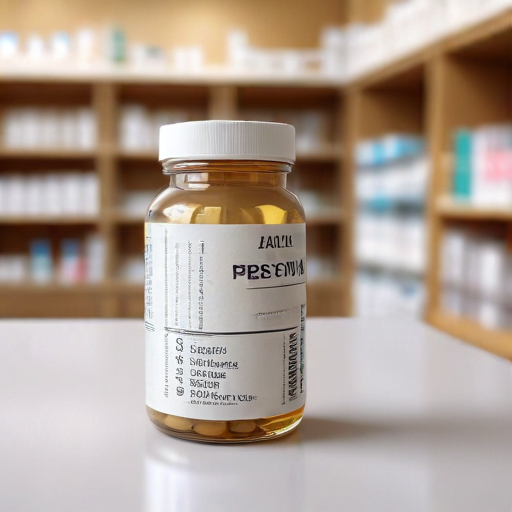A recent report from the House Committee on Oversight and Accountability highlights troubling practices by pharmacy-benefit managers (PBMs) that may be steering patients toward higher-priced medications while limiting their pharmacy options. This report comes after a comprehensive 32-month investigation as part of the committee’s preparations for a hearing on the operations of major PBMs.
PBMs, which serve as third-party administrators of prescription drug plans on behalf of health insurers, negotiate prices with pharmaceutical companies and also determine out-of-pocket costs for patients. The three largest PBMs—Express Scripts, OptumRx, and Caremark—oversee about 80% of prescriptions filled in the U.S.
According to the committee’s findings, PBMs often promote lists of preferred medications that favor costlier brand-name drugs over more affordable alternatives. An example cited in the report involves Cigna discouraging the use of lower-priced alternatives to Humira, a drug treating arthritis, which was priced at $90,000 annually despite the availability of cheaper biosimilars.
The report also reveals that Express Scripts has informed patients they might incur higher costs by filling prescriptions at local pharmacies compared to opting for a three-month supply through its mail-order pharmacy, thereby limiting patients’ pharmacy choices.
This issue has caught the attention of the U.S. Federal Trade Commission (FTC), which released a similar report earlier this month. The FTC indicated that the significant power wielded by leading PBMs affects patient access to affordable medication, citing that nearly 95% of all prescriptions are managed by just six large PBMs. FTC Chair Lina M. Khan noted that these practices have resulted in higher costs for patients, particularly for critical medications like cancer treatments, generating over $1 billion in additional revenue for the PBMs.
There remains a glimmer of hope as awareness around these practices grows, which may encourage legislative and regulatory reforms aimed at increasing transparency and competition within the pharmaceutical market. This could ultimately lead to better access and lower drug costs for patients across the United States.
This report serves as a crucial reminder of the need for continued advocacy and oversight in the healthcare sector to ensure that patients can make informed choices about their medications without facing undue financial burdens or restrictive practices.
